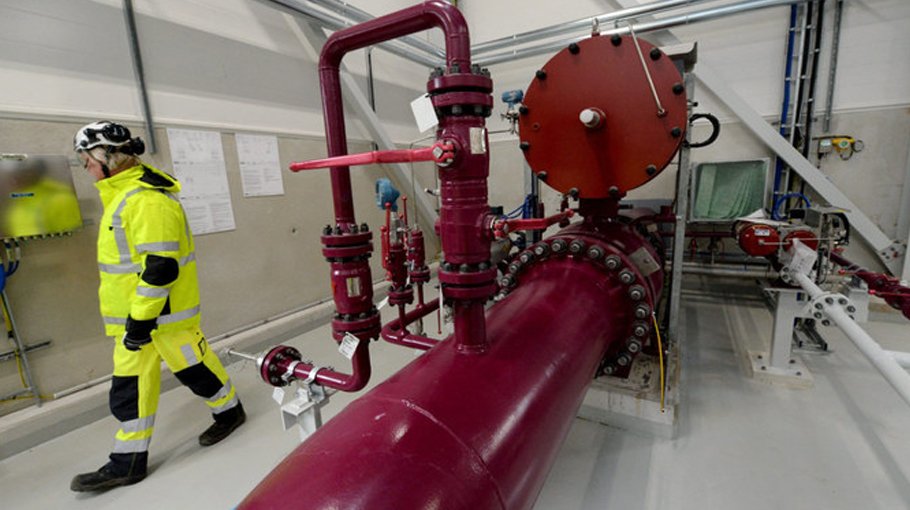The key gas pipeline blast that the world hardly noticed

With the world focused on the fighting between Israel and Hamas, the sabotage of an important natural gas pipeline 3,200 kilometers away to the north of Gaza went almost unnoticed.
The Balticconnector is a natural gas pipeline connecting Finland with Estonia. Finished in 2019 and 150kilometers long, it traverses the seabed of the Gulf of Finland connecting these two NATO and EU countries. Crucially, it is Finland’s only direct pipeline connection to the EU’s natural gas network.
During the early morning hours of October 8, a possible explosion in Finland’s economic exclusive zone was detected by Norway’s Seismological Institute. At the same time, Finland’s state-owned natural gas transmitter company, Gasgrid, noticed a significant drop in pressure in the Balticconnector pipeline. After closer examination, Finnish authorities discovered damage in the gas pipeline and a nearby communications cable. The President of Finland, Sauli Niinistö, attributed the damage to “outside activity.” While that may sound purposely vague, in the regional geopolitical context a phrase such as this probably means Helsinki suspects that Russia is somehow connected to the sabotage.
This isn’t the first time in recent memory that an underwater gas pipeline in northern Europe has been the target of sabotage.
In September 2022, just several hundred kilometers away from the Balticconnector, the Nord Stream 2 pipeline was blown up. Many NATO countries have accused Russia of being behind this attack. Of course, the Kremlin denies it.
Regarding the attack on the Balticconnector and the communication cable, there were probably two motivating factors behind it.
It will probably take months to repair the Balticconnector and this could have an impact on the region’s energy security in the future.
The first is timing. Europe is heading into its second winter since Russia’s large-scale invasion of Ukraine in February 2022. Europe was able to get through last winter thanks to a rapid filling of natural gas storage tanks over the summer of 2022 and an unseasonably mild winter. Finland stopped importing Russian gas last year and has since relied on liquefied natural gas imports to make up the difference. Even so, energy security is a constant concern of European policymakers.
Thankfully, European officials claim that the disruption of the Balticconnector is unlikely to have a significant impact on Europe’s energy security this winter. The region’s main gas storage site in Incukalns, Latvia, is currently 95 percent full. However, it will probably take months to repair the Balticconnector and this couldhave an impact on the region’s energy security in the future.
Second, any attack on this pipeline was probably meant to send a message to the Finnish government and society after the country joined NATO.
When Finland joined the alliance last April, the Russian Ministry of Foreign Affairs said: “The Russian Federation will be forced to take military-technical and other retaliatory measures to counter the threats to our national security arising from Finland’s accession to NATO.”
Luke Coffey is a senior fellow at the Hudson Institute.
Source: Arab News



